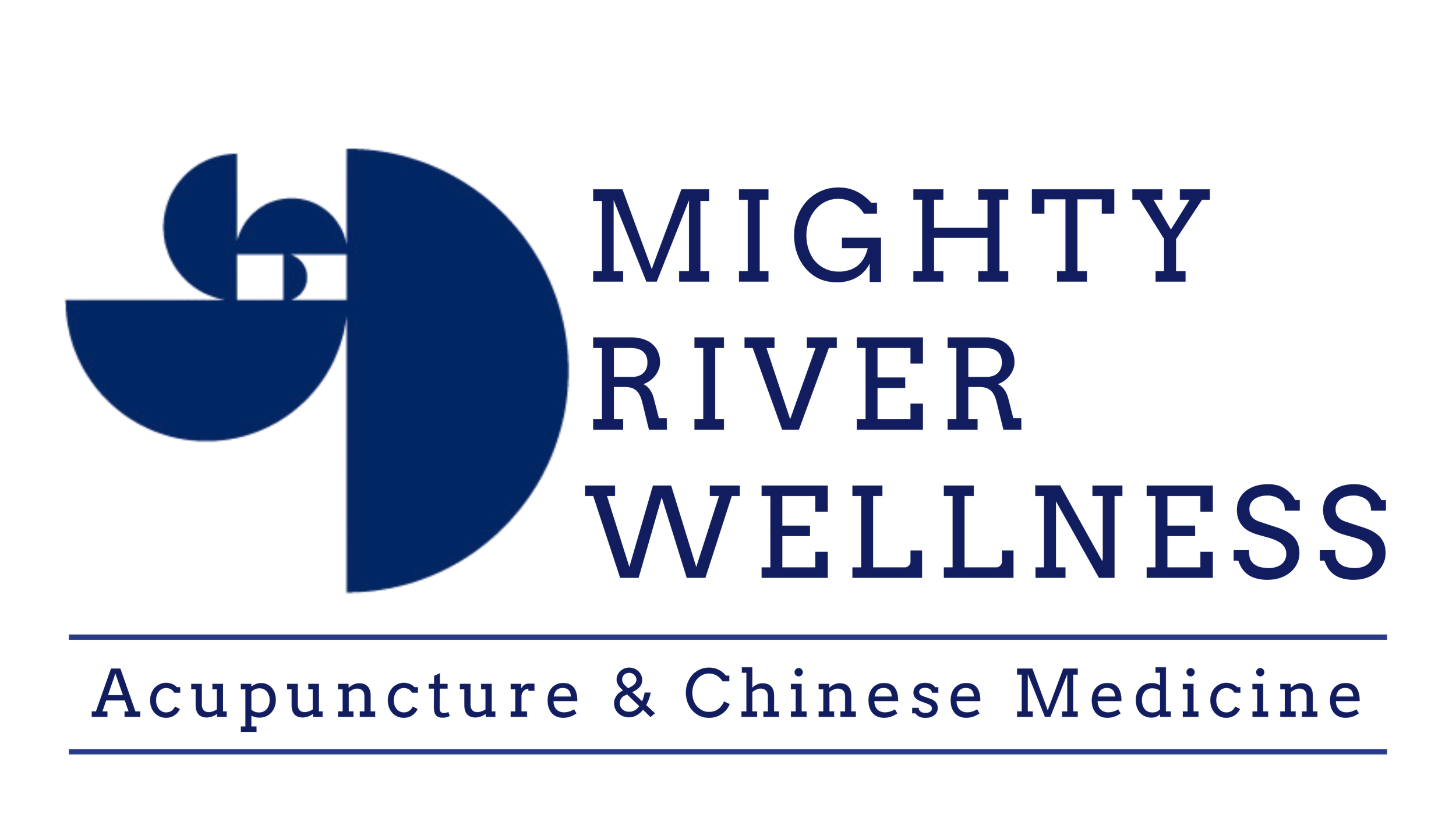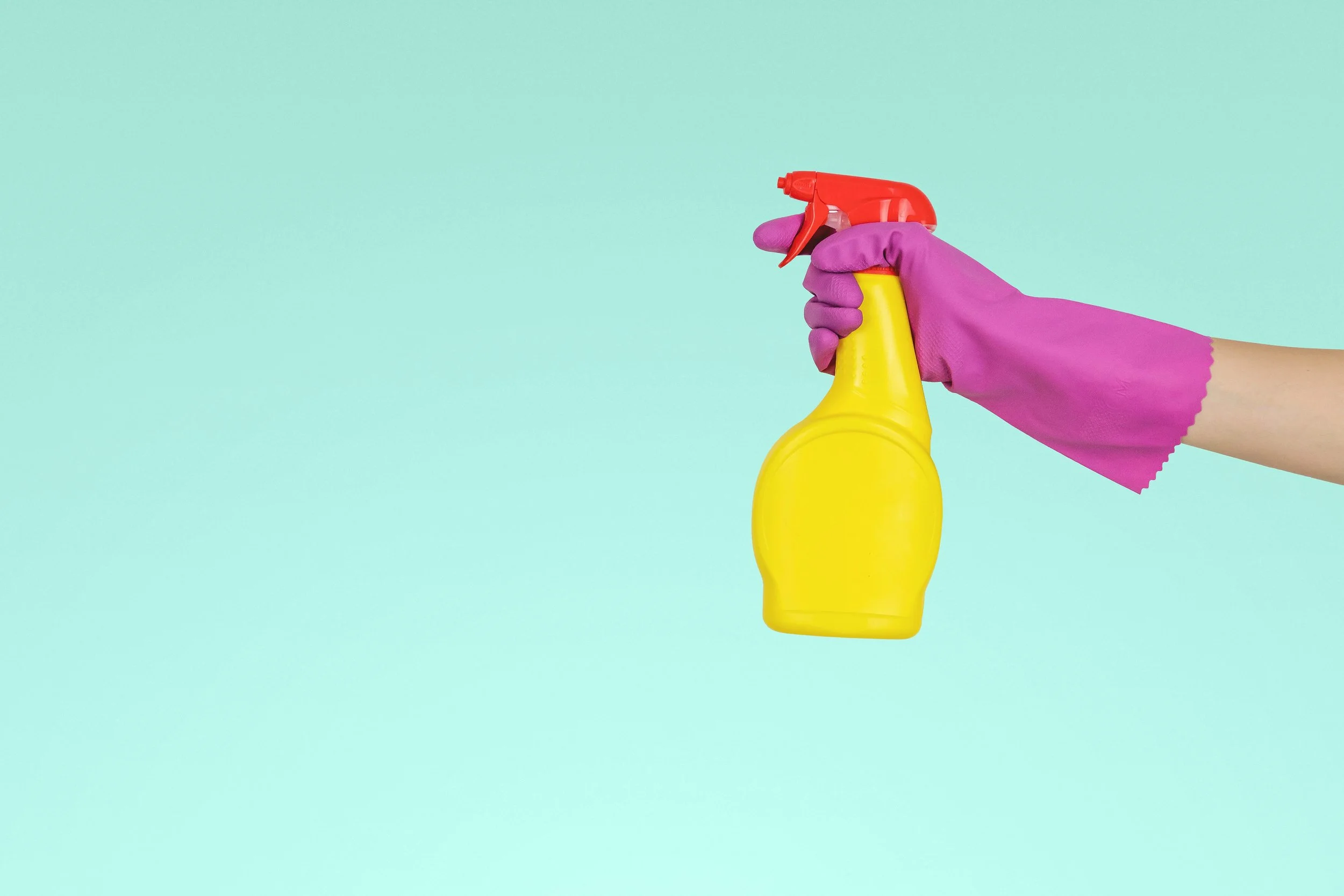Explore Our Blog
Fertility | Acupuncture | Women’s Health | Chinese Medicine | General Health
Latest Posts
When people start thinking more deeply about fertility, they often want options that go beyond just tracking cycles or running lab tests.
Fertility treatment often comes with a long list of expected changes. Emotionally, many people prepare for mood swings, sleep disruption, and hormone fluctuations.
Feeling off around your period isn’t something you have to push through or ignore. Mood swings, heavy cramps, low energy, or missing periods can be signs that your body is working harder than it should.
Whether you're just starting to explore fertility support or looking for a change in your current plan, choosing where you go can influence how you feel during the process.
Early pregnancy can bring a mix of excitement and uncertainty. Many people look for gentle ways to support their body during these first few months, especially when it comes to calming nerves and feeling more grounded.
Mood swings can sneak up quickly, leaving you feeling off balance without a clear reason.
Pain management in Los Angeles isn’t a one-size-fits-all situation. The city moves fast, and it’s not just the traffic.
When you're preparing for pregnancy, finding the best supplements for fertility is often one of the first questions that comes up.
Menopause can make good sleep feel out of reach. You may fall asleep easily but wake up at 3 a.m. feeling hot, restless, or wide awake.
Conversations around fertility often skip over men, but the truth is that male reproductive health plays a big role in conception.
Early pregnancy can bring on a surprising mix of emotions. One moment, you might feel glowing and excited.
Many people who are trying to conceive are beginning to explore natural methods alongside standard treatment, including acupuncture and herbal remedies.
Stress affects fertility by disrupting hormones, reducing IVF success rates, and causing anxiety. Manage stress with mindfulness, diet changes, and emotional support.
Your menstrual cycle reveals vital health insights. Learn how diet, menstrual cycle exercises, stress management, and tracking promote mental and physical well-being.
Discover how acupuncture balances hormones, reduces stress, and enhances fertility for those on the journey to parenthood naturally.
Acupuncture, a central practice in Traditional Chinese Medicine, offers natural and holistic support for women’s health, addressing menstrual health, fertility, pregnancy, menopause, and mental well-being. By targeting specific points to balance energy flow, acupuncture helps regulate hormones, relieve pain, and reduce stress. Benefits include pain relief for menstrual cramps, enhanced fertility support, symptom management during pregnancy, and alleviation of menopausal symptoms like hot flashes. Acupuncture is also effective for reducing anxiety and improving sleep. Choosing a skilled or female acupuncturist may enhance comfort and tailor treatments to women’s unique health needs, fostering a supportive healing experience.
Acupuncture, a central practice in Traditional Chinese Medicine, offers natural and holistic support for women’s health, addressing menstrual health, fertility, pregnancy, menopause, and mental well-being. By targeting specific points to balance energy flow, acupuncture helps regulate hormones, relieve pain, and reduce stress. Benefits include pain relief for menstrual cramps, enhanced fertility support, symptom management during pregnancy, and alleviation of menopausal symptoms like hot flashes. Acupuncture is also effective for reducing anxiety and improving sleep. Choosing a skilled or female acupuncturist may enhance comfort and tailor treatments to women’s unique health needs, fostering a supportive healing experience.
Acupuncture, a central practice in Traditional Chinese Medicine, offers natural and holistic support for women’s health, addressing menstrual health, fertility, pregnancy, menopause, and mental well-being. By targeting specific points to balance energy flow, acupuncture helps regulate hormones, relieve pain, and reduce stress. Benefits include pain relief for menstrual cramps, enhanced fertility support, symptom management during pregnancy, and alleviation of menopausal symptoms like hot flashes. Acupuncture is also effective for reducing anxiety and improving sleep. Choosing a skilled or female acupuncturist may enhance comfort and tailor treatments to women’s unique health needs, fostering a supportive healing experience.
Acupuncture, a central practice in Traditional Chinese Medicine, offers natural and holistic support for women’s health, addressing menstrual health, fertility, pregnancy, menopause, and mental well-being. By targeting specific points to balance energy flow, acupuncture helps regulate hormones, relieve pain, and reduce stress. Benefits include pain relief for menstrual cramps, enhanced fertility support, symptom management during pregnancy, and alleviation of menopausal symptoms like hot flashes. Acupuncture is also effective for reducing anxiety and improving sleep. Choosing a skilled or female acupuncturist may enhance comfort and tailor treatments to women’s unique health needs, fostering a supportive healing experience.
Traditional Chinese Medicine (TCM) offers a holistic pathway to achieving emotional balance by addressing the interconnectedness of emotions, physical health, and energy flow. Emotions in TCM are tied to specific organs, and imbalances can disrupt Qi (energy), leading to emotional and physical distress. By integrating practices like acupuncture, herbal remedies, mindful movement, and meditation, TCM harmonizes Qi, reduces stress, and fosters resilience. These ancient techniques promote emotional clarity, alleviate anxiety, and enhance overall well-being, offering a sustainable approach to cultivating inner peace and long-term health.
Meridian therapy, a cornerstone of Traditional Chinese Medicine (TCM), focuses on maintaining the smooth flow of Qi (vital energy) through the body’s meridians—energy channels connecting organs and systems. Imbalances or blockages in these pathways can lead to physical, emotional, or mental distress. By using techniques like acupuncture, acupressure, moxibustion, and herbal remedies, meridian therapy unblocks Qi and restores harmony. This holistic practice addresses a wide range of conditions, from chronic pain and stress to digestive and hormonal imbalances, offering a personalized approach to well-being while bridging ancient healing wisdom with modern wellness.


























